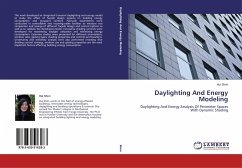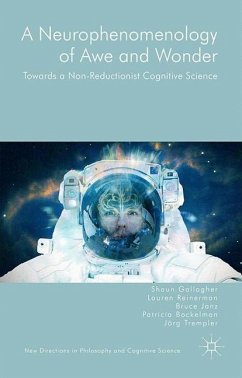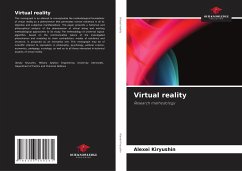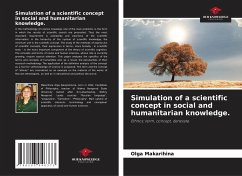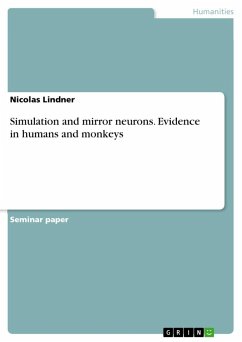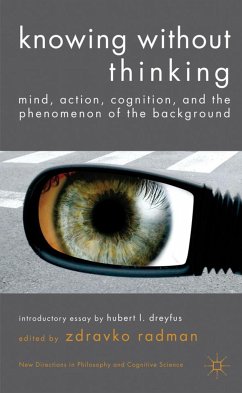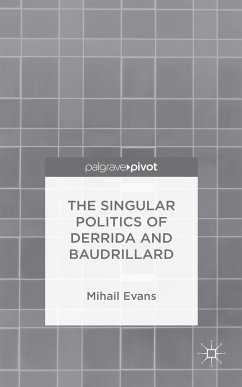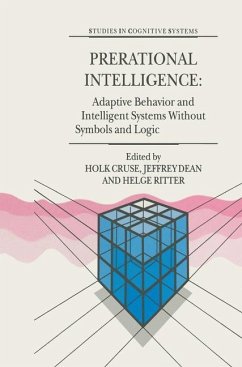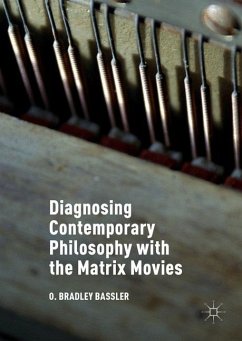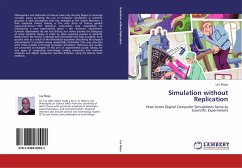
Simulation without Replication
How Some Digital Computer Simulations Serve as Scientific Experiments
Versandkostenfrei!
Versandfertig in 6-10 Tagen
51,99 €
inkl. MwSt.

PAYBACK Punkte
26 °P sammeln!
Philosophers and historians of science have only recently begun to seriously consider issues involving the use of computer simulations in scientific practice. A tacit assumption that has emerged in the extant literature is that empirical theory testing is the only form of theory guided experimentation. This discourse undermines that assumption by introducing a new experimental genre the Kuhnian experiment. Kuhnian experiments do not test theory, but rather assume the adequacy of some scientific theory in order to solve empirical puzzles in scientific fields where the theory is already well art...
Philosophers and historians of science have only recently begun to seriously consider issues involving the use of computer simulations in scientific practice. A tacit assumption that has emerged in the extant literature is that empirical theory testing is the only form of theory guided experimentation. This discourse undermines that assumption by introducing a new experimental genre the Kuhnian experiment. Kuhnian experiments do not test theory, but rather assume the adequacy of some scientific theory in order to solve empirical puzzles in scientific fields where the theory is already well articulated and fully accepted. Such puzzles arise as a result of the theoretical equations describing the physical phenomenon in question being analytically intractable. One way scientists solve these puzzles is through computer simulation. Historical case studies are presented as examples of this sort of experimental puzzle solving for two types of computing technology: analog computers (the network analyzer) and digital computers (particle diffusion using the Monte Carlo method).



